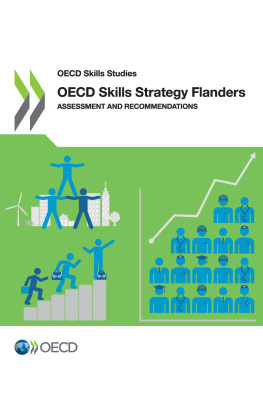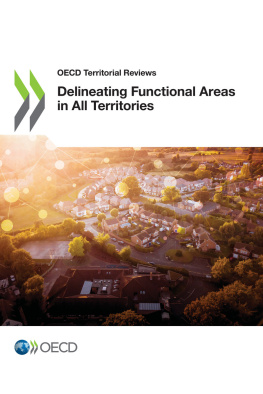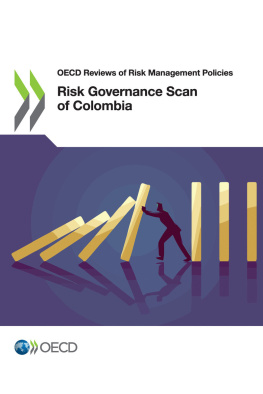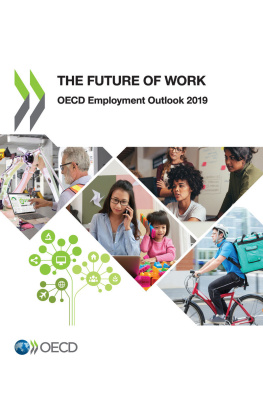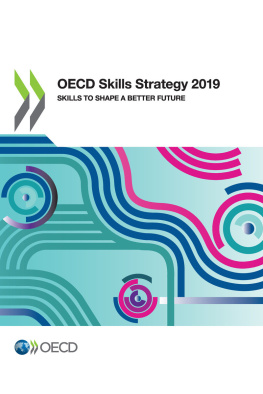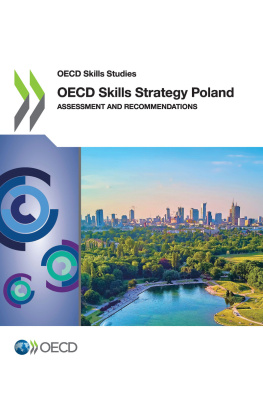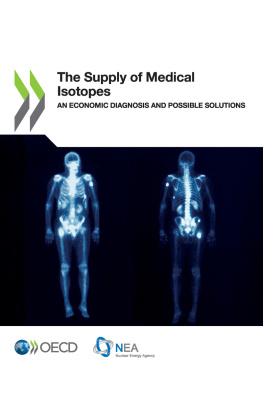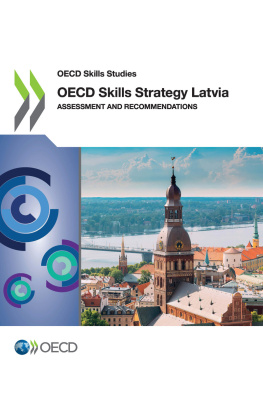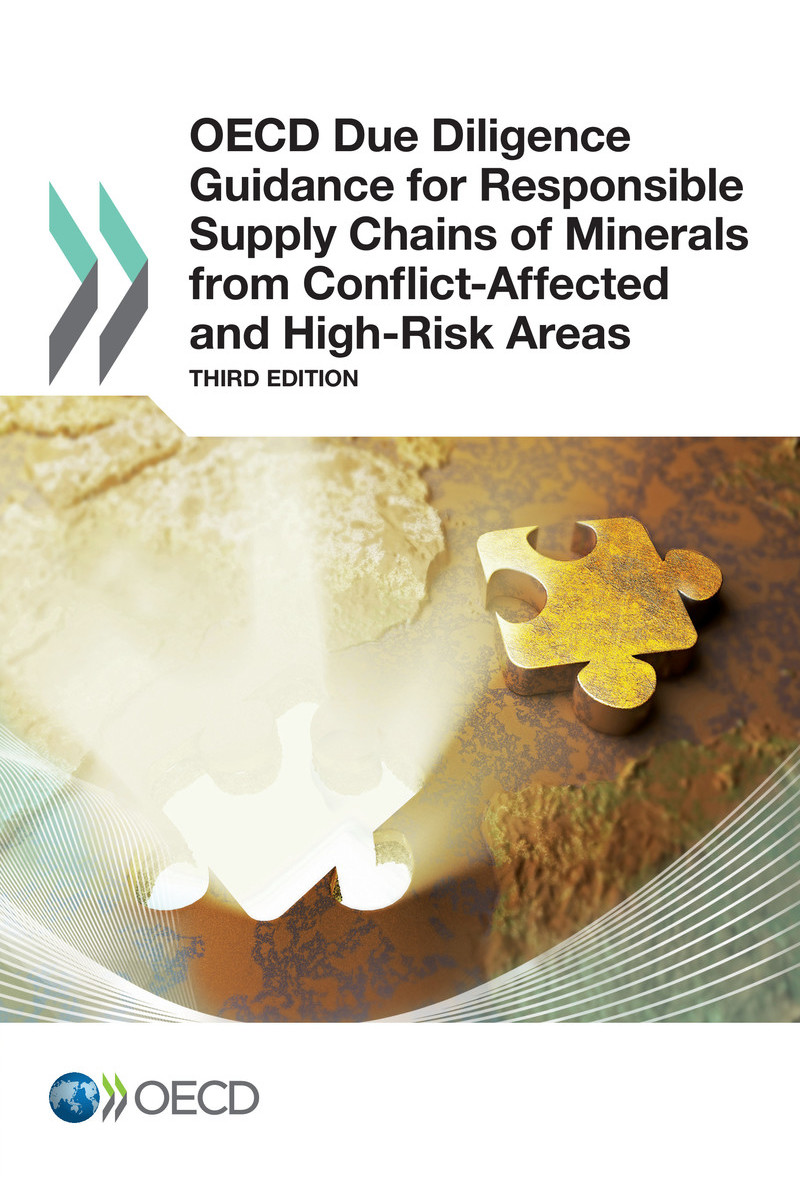Nous exprimentons ce nouveau format pour nos publications. En effet, mme si lePub est formidable pour des livres composs de texte linaire, le lecteur peut tre confront quelques dysfonctionnements avec les publications comportant des tableaux et des graphiques tout dpend du type de support de lecture que vous utilisez.
Comme ce format est encore en version bta, nous aimerions recevoir vos impressions et remarques sur votre exprience de lecture, bonne ou autre, pour que nous puissions lamliorer lavenir. Dans votre message, merci de bien vouloir nous indiquer prcisment quel appareil et quel systme dexploitation vous avez utilis ainsi que le titre de la publication concerne. Vous pouvez adresser vos remarques ladresse suivante :
OECD e-PUB editions - BETA VERSION
Congratulations and thank-you for downloading one of our brand-new ePub-in-beta editions.
We're experimenting with this new format and, while ePub is fantastic for books with linear text, for books with charts, tables and graphs weve found some things may not work perfectly it depends on the device youre using.
So, for an optimal reading experience, we recommend:
- Using the latest version of your devices operating system.
- Reading in portrait mode.
- If large tables are tricky to read, try reducing the text size.
As this is an ePub-in-beta edition, we would be glad to receive feedback on your reading experience, good or otherwise, so we can improve for the future. When writing, please let us know which device/operating system you were using and the title of the publication. Write to:
Thank you!
OECD Due Diligence Guidance for Responsible Supply Chains of Minerals from Conflict-Affected and High-Risk Areas Third Edition
Please cite this publication as:
OECD (2016), OECD Due Diligence Guidance for Responsible Supply Chains of Minerals from Conflict-Affected and High-Risk Areas: Third Edition, OECD Publishing, Paris, http://dx.doi.org/10.1787/9789264252479-en.
Metadata, Legal and Rights
ISBN: 978-92-64-25578-4 (epub) - 978-92-64-25238-7 (print) - 978-92-64-25247-9 (pdf)
DOI: http://dx.doi.org/10.1787/9789264252479-en
This document and any map included herein are without prejudice to the status of or sovereignty over any territory, to the delimitation of international frontiers and boundaries and to the name of any territory, city or area.
Photo credits: Cover Hemera/Thinkstock.com
Corrigenda to OECD publications may be found on line at: www.oecd.org/about/publishing/corrigenda.htm.
OECD 2016
You can copy, download or print OECD content for your own use, and you can include excerpts from OECD publications, databases and multimedia products in your own documents, presentations, blogs, websites and teaching materials, provided that suitable acknowledgement of OECD as source and copyright owner is given. All requests for public or commercial use and translation rights should be submitted to .
Foreword
The OECD Due Diligence Guidance for Responsible Supply Chains of Minerals from Conflict-Affected and High-Risk Areas (the Guidance) is the first example of a collaborative government-backed multi-stakeholder initiative on responsible supply chain management of minerals from conflict-affected areas. Its objective is to help companies respect human rights and avoid contributing to conflict through their mineral sourcing practices. The Guidance is also intended to cultivate transparent mineral supply chains and sustainable corporate engagement in the mineral sector with a view to enabling countries to benefit from their mineral resources and preventing the extraction and trade of minerals from becoming a source of conflict, human rights abuses, and insecurity. With its Supplements on Tin, Tantalum, Tungsten and Gold, the OECD Guidance provides companies with a complete package to source minerals responsibly in order for trade in those minerals to support peace and development and not conflict.
The Guidance was developed through a multi-stakeholder process with in-depth engagement from OECD and eleven countries of the International Conference on the Great Lakes Region (Angola, Burundi, Central African Republic, Republic of Congo, Democratic Republic of Congo, Kenya, Rwanda, Sudan, Tanzania, Uganda and Zambia), industry, civil society, as well as the United Nations Group of Experts on the DRC. Five multi-stakeholder consultations were held to develop the Guidance and its two Supplements, with four in Paris in December 2009 and April 2010 as well as May and November 2011. A joint ICGLR-OECD consultation was held in Nairobi in September 2010 where Brazil, Malaysia and South Africa were also represented. As a result, the Guidance is practically-oriented, with emphasis on collaborative constructive approaches to complex challenges.
The United Nations Security Council resolution 1952 (2010) [S/RES/1952(2010)] supported taking forward the due diligence recommendations contained in the final report of the United Nations Group of Experts on the Democratic Republic of the Congo, designed to be consistent with the OECD Due Diligence Guidance.
The Guidance has been approved by the OECD Investment Committee and the OECD Development Assistance Committee, and has been endorsed by the eleven member states of the International Conference on the Great Lakes Region (ICGLR) in the Lusaka Declaration, adopted on 15 December 2010.
An OECD Recommendation on the Due Diligence Guidance was adopted by Council at Ministerial level on 25 May 2011, amended on 17 July 2012 to include a reference to the Supplement on Gold and again amended on 25 September 2015 following approval by the Investment Committee and the Development Assistance Committee of changes to the Introduction to the Guidance. While not legally binding, the Recommendation reflects the common position and political commitment of OECD members and non-member adherents.
This third edition of the OECD Due Diligence Guidance for Responsible Supply Chains of Minerals from Conflict-Affected and High-Risk Areas provides clarification on the scope of the Guidance by removing language in the Introduction that was perceived to limit its application only to the supply chains of tin, tantalum, tungsten and gold. The updated edition now clarifies that the Guidance provides a framework for detailed due diligence as a basis for responsible supply chain management of all minerals.
Recommendation of the Council on Due Diligence Guidance for Responsible Supply Chains of Minerals from Conflict-Affected and High-Risk Areas
As amended on 17 July 2012
THE COUNCIL,
Having regard to Article 5(b) of the Convention on the Organisation for Economic Co-operation and Development of 14 December 1960;
Having regard to the Guidelines for Multinational Enterprises which form part of the Declaration on International Investment and Multinational Enterprises;








